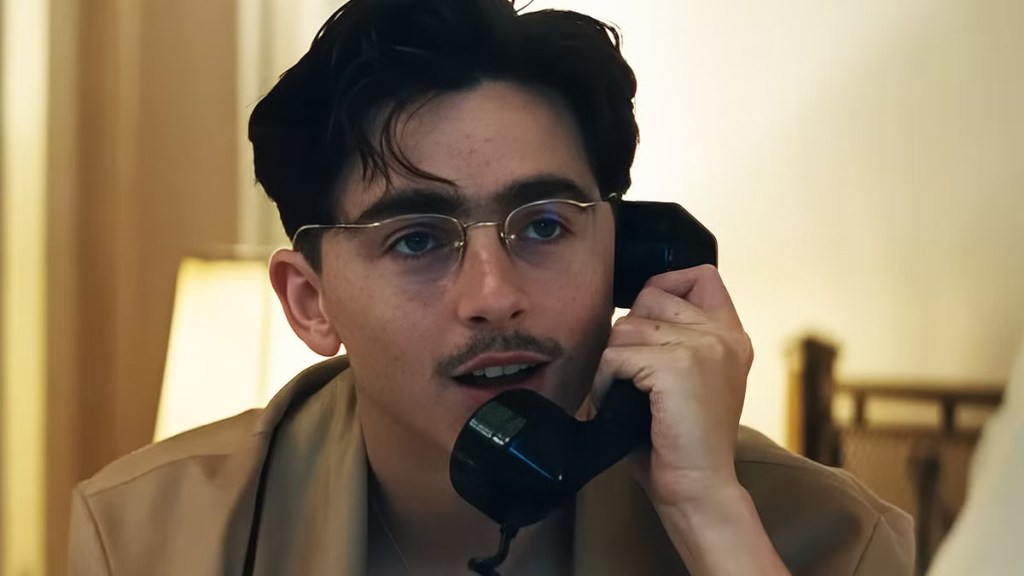When mentally-ill 20-year-old Adam Lanza used guns to kill 26 people at Sandy Hook elementary school in Newtown, Connecticut, exactly three years ago, I had just finished covering the 2012 presidential campaign as a freelance political reporter. Gun control was not a major issue that fall. In fact, it wasn’t even really on anyone’s radar, except as the issue the National Rifle Association (NRA)—perhaps the most effective lobbying outfit in America—was leaning on, as it always did, to gin up fear and turn out gun supporters in swing states. Instead, the media spent most of that campaign talking about Mitt Romney’s obscene wealth, the “47 percent” of voters who are lazy and want free shit, and dozens of now-obscure gaffes and talking points. (Remember Romney’s weird rhetorical assault on a Pennsylvania bakery’s cookies?)
For a few days that December, though, gun control took center stage. The victims of the Sandy Hook violence were “beautiful little kids,” as President Barack Obama tearfully described them on national television, and it seemed unimaginable that the country wouldn’t pass legislation—at the federal or state level—in an attempt to stop a tragedy like that from happening again. Members of the press, people who cover this stuff for a living, looked around at each other and thought: Surely, this will be the time we actually do something about guns in America.
Of course, we were wrong. No gun control measures were passed by Congress. And though many states passed laws restricting access to guns, more states actually made it easier to buy weapons. If you think, as many do, that mass shootings are awful and the way to prevent them is to prevent people from having so many guns, the last three years have been a devastating disappointment.
Videos by VICE
Zoom out a bit and the Sandy Hook shooting—and the legislative non-response to it—don’t seem all that remarkable. Thirteen people died in the 1999 Columbine shooting; the same year as Sandy Hook, a 24-year-old named James Holmes opened fire and killed 12 at a movie theater in Aurora, Colorado. A bevy of similar incidents over the preceding decade had made starkly clear America’s fondness for firearms was out of hand. Yet attempts to limit access to guns at the federal level have been fallen short when they exist at all. The Assault Weapons Ban’s efficacy at stopping gun violence is debatable, but when George W. Bush and a divided Congress let the law expire in 2004, it was a symbolic defeat with a clear message: Gun control was a laughable liberal fantasy. By the spring after Sandy Hook, the most viable piece of gun control legislation in play—the so-called “Manchin-Toomey” bill in the Senate—was dead.
Arguments about the only antidote to shootings being more guns—the old “good guy with a gun” theory—elide a basic truth, as articulated by Harry Siegel in the New York Daily News on Friday: Guns kill. They kill more effectively than just about anything else, and they make it possible for almost any self-radicalized terrorist to go on a San Bernardino–style shooting. Gun control measures would not stop all mass shootings, but they might stop some; at a minimum, tougher federal gun laws would make it more difficult to buy guns in areas with loose regulations and send them to big cities.
At this point, it’s tempting to just shake your head and accept it every time another tragedy happens. If past horrors—like those in suburban Tucson, Arizona, in 2011, where a member of Congress was shot in the head, or at a Planned Parenthood in Colorado last month, where three were killed—aren’t enough to pry some kind of sensible, Japanese-style gun control regime out of our political elites, what could possibly do the trick?
A fresh Wall Street Journal/NBC News poll speaks to this hardening of the national consciousness. Mass shootings are increasingly accepted—by about three quarters of us—as an essential part of American life, like fourth of July barbecues and binging on Netflix. We simply don’t see a way out, and don’t have much or any confidence that our leaders will craft one. Just as rising income inequality seems to be intractable, horrific episodes of gun violence—ideological or otherwise—are apparently inevitable, the only question being whether you can arm yourself and your family in time to ward off oblivion.
What does seem plausible, however, is that fear of the other—in this case, radicalized Muslim immigrants—might, perversely, be the grease that forces a handful of swing votes in Congress to embrace gun control. You can argue, of course, that that won’t be enough—that guns are simply going to be available to whoever wants them, and there aren’t enough federal regulators to stop the endless cycle of mass shootings in America.
That may be true. But when so many people are dying, a failed attempt to improve things is far more palatable than grim resignation.
Follow Matt Taylor on Twitter.
More
From VICE
-

A24 -

Screenshot: Epic Games -

Mega Gyarados in Pokemon UNITE
